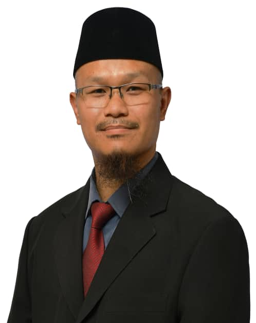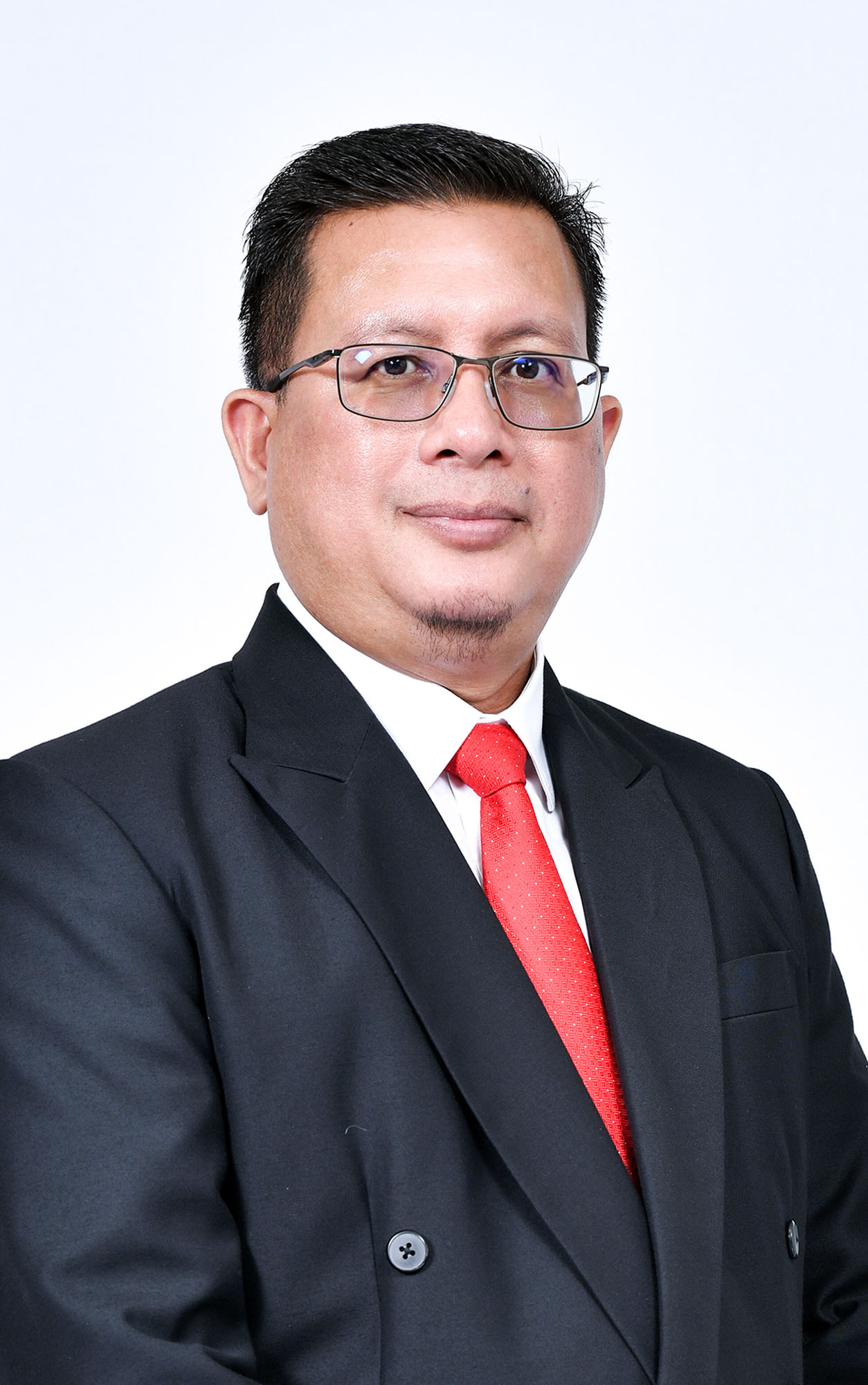Session Keynote Lecturer

Asso. Prof. Mohd Herwan Sulaiman
Universiti Malaysia Pahang Al-Sultan Abdullah, Malaysia
Speech Title: Optimizing Energy: How Metaheuristics and Deep Learning are Shaping the Future
Abstract: Metaheuristics and deep learning are reshaping the field of energy forecasting, offering innovative solutions to address complex challenges in the energy sector. This talk explores the latest advancements in these methodologies and their applications across various energy domains.
The talk begins by examining the role of metaheuristics in energy management, demonstrating how these algorithms can optimize energy usage in large-scale commercial buildings. By incorporating metaheuristic strategies into deep learning, it is possible to achieve more accurate energy forecasts, leading to better resource management and reduced consumption. Next, the focus shifts to the use of metaheuristic-deep learning techniques, for state-of-charge estimation in electric vehicles. These methods play a key role in improving battery management, resulting in more efficient and reliable electric vehicle operations. The talk also delves into energy forecasting in the renewable sector, highlighting the application of evolutionary algorithms and deep learning in predicting solar power generation and other renewable energy sources, contributing to more efficient integration of renewables into the grid.
By addressing a range of topics from energy management in commercial settings to electric vehicle technologies and renewable energy forecasting, this talk showcases how metaheuristics and deep learning are advancing the energy sector towards greater efficiency and sustainability.
Biography: Dr. Mohd Herwan Sulaiman is an expert in bio-inspired optimization algorithms, whose work has significantly impacted the field of engineering. He serves as an Associate Professor at the Faculty of Electrical & Electronics Engineering Technology, Universiti Malaysia Pahang Al-Sultan Abdullah (UMPSA), specializing in power system optimization and the application of computational intelligence to power system studies. As a Senior Member of IEEE, Dr. Sulaiman is recognized for his innovative approaches and commitment to advancing engineering research.
His ground-breaking work began with the development of the Barnacles Mating Optimizer (BMO), an algorithm inspired by the unique mating behavior of barnacles. BMO has proven successful in a variety of applications, from power system optimization and renewable energy integration to stock price prediction and COVID-19 case forecasting. Building on the success of BMO, Dr. Sulaiman created the Evolutionary Mating Algorithm (EMA), which has outperformed existing methods in tackling complex engineering problems. EMA is particularly effective in solving critical challenges such as optimal power flow and State of Charge estimation, both of which are key to a sustainable energy future.
Dr. Sulaiman's most recent innovation, the Gooseneck Barnacle Optimization (GBO) algorithm, draws from a deeper understanding of gooseneck barnacle behavior to offer even more robust optimization capabilities. These algorithms not only push the boundaries of optimization science but also provide practical solutions with significant economic and societal impacts. He has authored and co-authored more than 170 papers in international journals and conference proceedings and has been recognized as a Top 2% Scientist in both 2022 and 2023, highlighting his consistent contributions to the field of engineering and AI. By focusing on critical issues like renewable energy integration, COVID-19 forecasting, and energy conservation, Dr. Sulaiman's research extends beyond theoretical knowledge to address real-world challenges.

Assoc. Prof. Razali Yaakob
Universiti Putra Malaysia, Malaysia
Speech Title: Educational Timetabling: Trends, Obstacles, and Prospects
Abstract: At the forefront of operations research, educational timetabling holds significant practical relevance across a variety of fields. Among its branches, university course timetabling stands out as a prominent combinatorial optimization problem. It aims to allocate resources to courses in pursuit of maximal turnover and has been attracting much attention from researchers in recent years. As previous datasets do not fully capture the intricacies of the real-world needs of institutions, the International Timetabling Competition 2019 dataset was introduced. Encapsulating far more attributes from daily scenarios, this latest benchmark is significantly more challenging than the previous ones, leading to fewer research works and a notable gap in the field. Contrary to previous successful methodologies predominantly based on meta-heuristics, the current state-of-the-art approaches on this benchmark lean heavily towards mathematical methods. This, among other interesting trends, is further discussed in detail. Furthermore, the primary challenges faced by researchers focusing on this problem, the difficulty of conducting fair comparisons being among the chief of which, are examined. Additionally, we raise an intriguing debate regarding the potential negative effects of the current emphasis on achieving the new best-known results through extreme parameter tuning and tailored solutions. This could potentially hinder the field's future prospects and narrow the gap between theoretical research and practical applications. Finally, we explore potential directions for future research and discuss the evolving landscape of this field.
Biography: Assoc. Prof. Razali Yaakob received the Bachelor Degree in Computer Science in 1996 and Master in Computer Science from in 1999, from Universiti Putra Malaysia, and PhD from University of Nottingham, United Kingdom in 2008. Currently, he is a lecturer at the Faculty of Computer Science and IT, Universiti Putra Malaysia. His research areas include artificial neural network, pattern recognition, and evolutionary computation in game playing. He is a member of the Intelligent Computing Group at the faculty.
